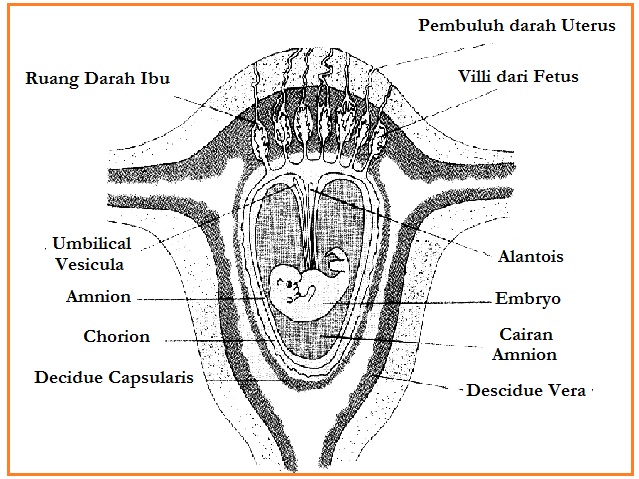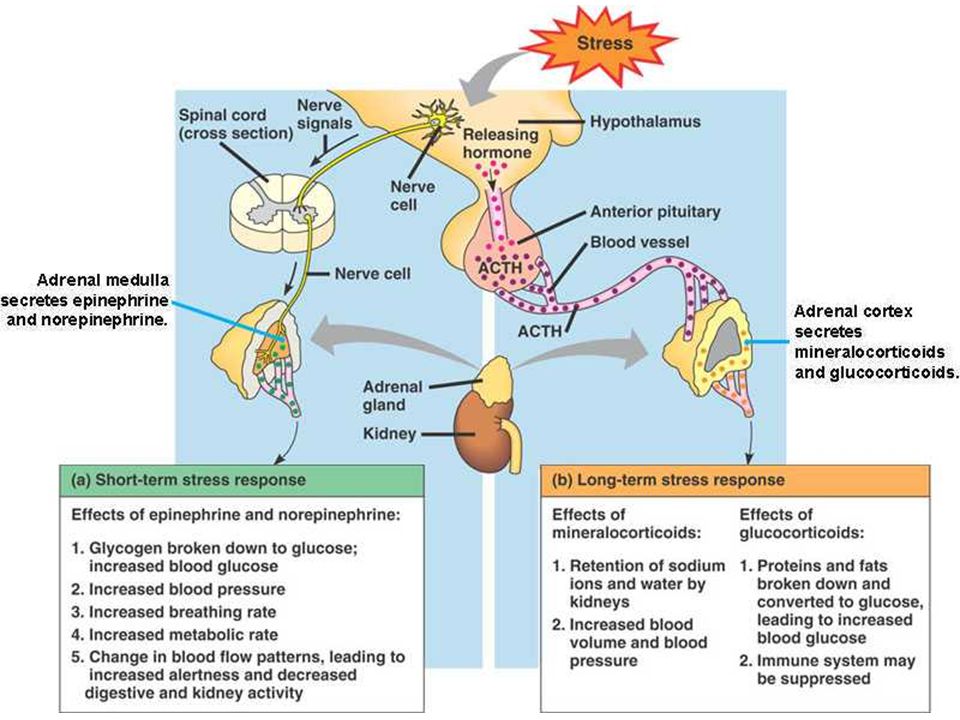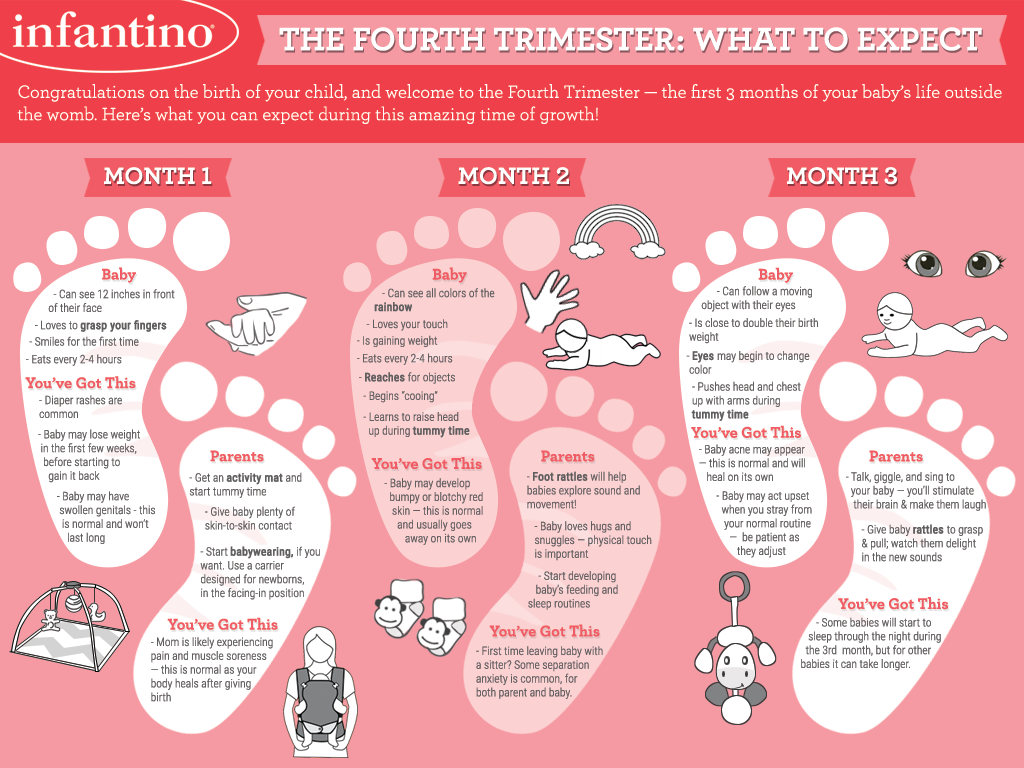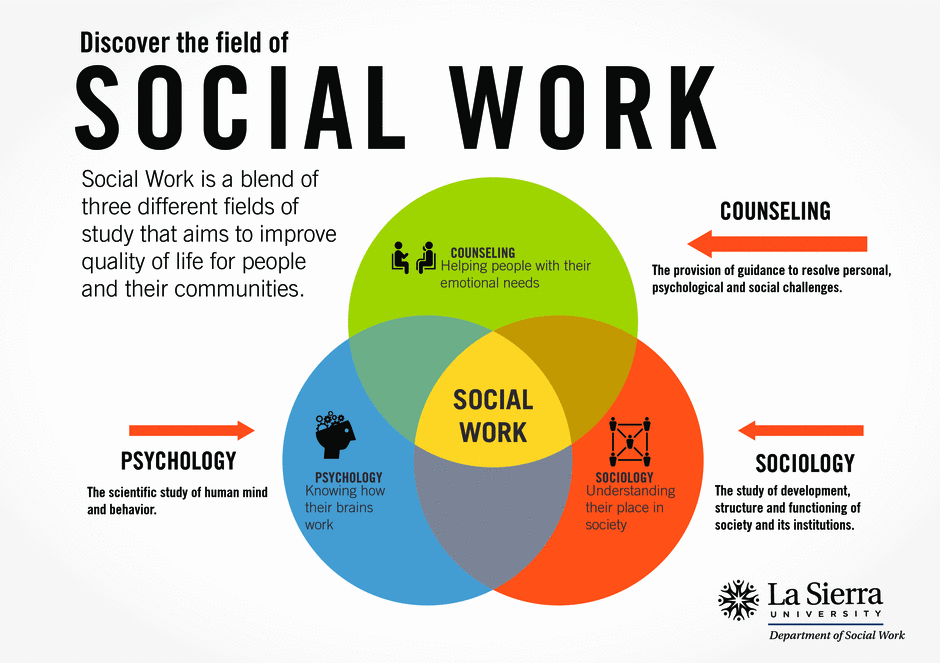How to adopt a child in kenya
Ask the Expert :The Process of Adoption in Kenya
Pregnancy & Motherhood
Share
Other Articles from Uwakili
Lifestyle
Disclaimer:
This article is meant for informational purposes only and should not be used as a substitute for a Lawyer’s advice. Consult a lawyer or legal practitioner before making any adoption decisions. MumsVillage doesn’t offer adoption services and or legal advice.Child Adoption is great! You promise to give a child who is not of your flesh and blood, shelter, love, and warmth at no charge to the child now or the future.
Before you consider adoption, you will want to bond with the child before you can get full custody. Take the Match it all about me puzzle set with you and you can assist them match the puzzles which helps you bond with the child and keep them entertained. Shop Now at The MumsVillageShop
By doing so, you create a relationship that is legally regulated and at the same time, you may perhaps terminate an existing one. The adoption by law has the effect of transferring the parental rights and responsibilities to the adoptive parents and terminating the parental rights of the birth parents.
Here are the legal considerations to take into account if you wish to embark on this process:
Adoptive Parent: What do you require?
1. For a couple that wishes to adopt, you must have been in the marital relationship for at least three years.
2. A person who is married to the child’s parent with the other biological parent’s consent.
3. A single person between 25 and 65 years of age
4. A relative to the child if the relative has been taking care of the child. This is known as Kinship adoption.
5. The age gap between the child and the adopting parent should be more than 21 years.
6. The adoptive parent and the child must be resident in Kenya for six months at the time of the proposed adoption.
7. The applicant should be in possession of the child granting continuous care for three months consecutively before submission of the application for the adoption order.
Adoptive Child: Who can be adopted?
The child must be below the age of 18 years and residing in Kenya may be adopted as long as;
● The child is abandoned and the whereabouts of the parents/guardians are unknown.
● The child is an orphan and there is no guardian/caregiver who is willing to take care of the child.
● The parents/guardians of the child have given consent for the child to be adopted (Parent Offer Adoptions).
● The child requires an alternative permanent placement.
Process: How does one Adopt?
One can only adopt through a registered and accredited Adoption Society. The stages of adoption are:
● Orientation Meeting
One visits the adoption society and makes inquiries. The adoption process and requirements are explained. The adopting parent(s) fill and return the application forms.
● Home visit
The society looks into the whereabouts of the adopter(s) to know whether the needs of the child will be met. Some of the things that are checked are;
Some of the things that are checked are;
a. The reasons for wanting to adopt
b. The family situation of the adopters
c. Their home area security
d. The adopters’ expectations of the child i.e age, sex
● Matching and Placement
A social worker consults with the adopting parent(s) and arrangement to meet the child is made(Introduction and bonding period). If bonding is deemed successful, the child is released to the care of the adopter(s).
● Fostering period
The adopting parent(s) stay with the child for a period of three months. The social worker regularly drops by to check on the relationship between the parent(s) and the child. The social worker also looks at how well the child is adjusting to the new environment.
The first day to welcome your adopted child home is very special to the child and yourself. Make them happier by gifting them this building block set which you can build and play together to bond and improve their creativity.
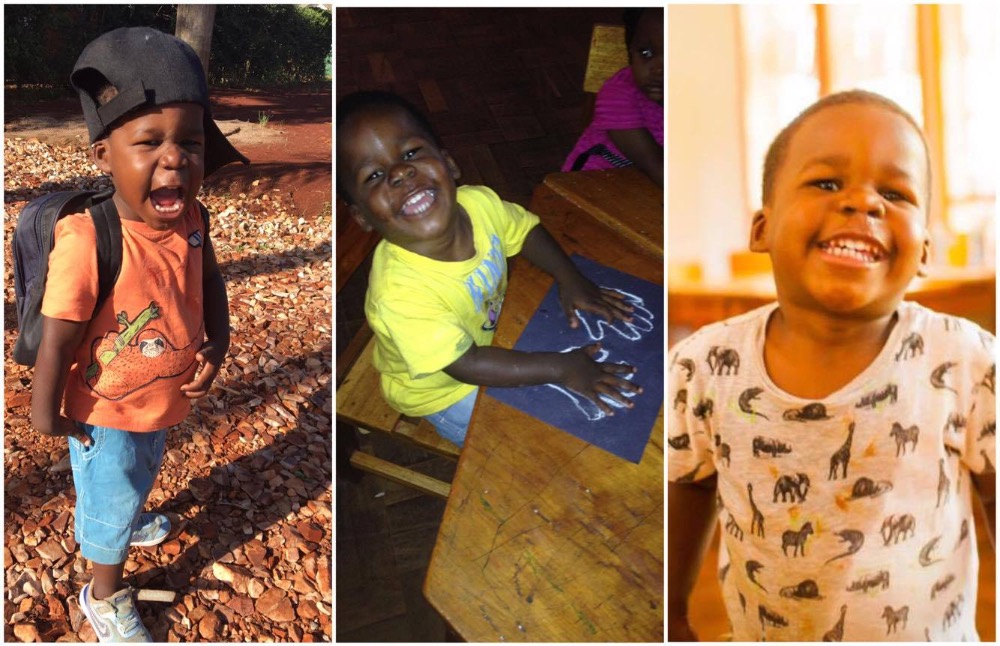 Shop Now at The MumsVillageShop
Shop Now at The MumsVillageShop
● Court phase
The Children’s court finalizes on all the adoption matters. The ability to support and educate the child are examined by the court which may or may not allow the adoption. The social worker may give an opinion on the capability of the adoptive parent(s).
You can find information about Legal Procedures from Uwakili.
Related: Understanding Maternity Insurance
Register for our weekly newsletter on all things family-friendly and follow us for more resources on adoption and legal family matters on MumsVillage Facebook page!
Disclaimer: This article is meant for informational purposes only and should not be used as a substitute for a Lawyer’s advice. Consult a lawyer or legal practitioner before making any adoption decisions. MumsVillage doesn’t offer adoption services and or legal advice.
Lifestyle
Tags: adoptersadoptionadoptive parentsbiological parentchildconsentcouplekinship adoptionlegal documentsmarital relationshipmarriageparental rightsrelativesocial work
Remember me Forgot Password?
Lost your password? Please enter your username or email address.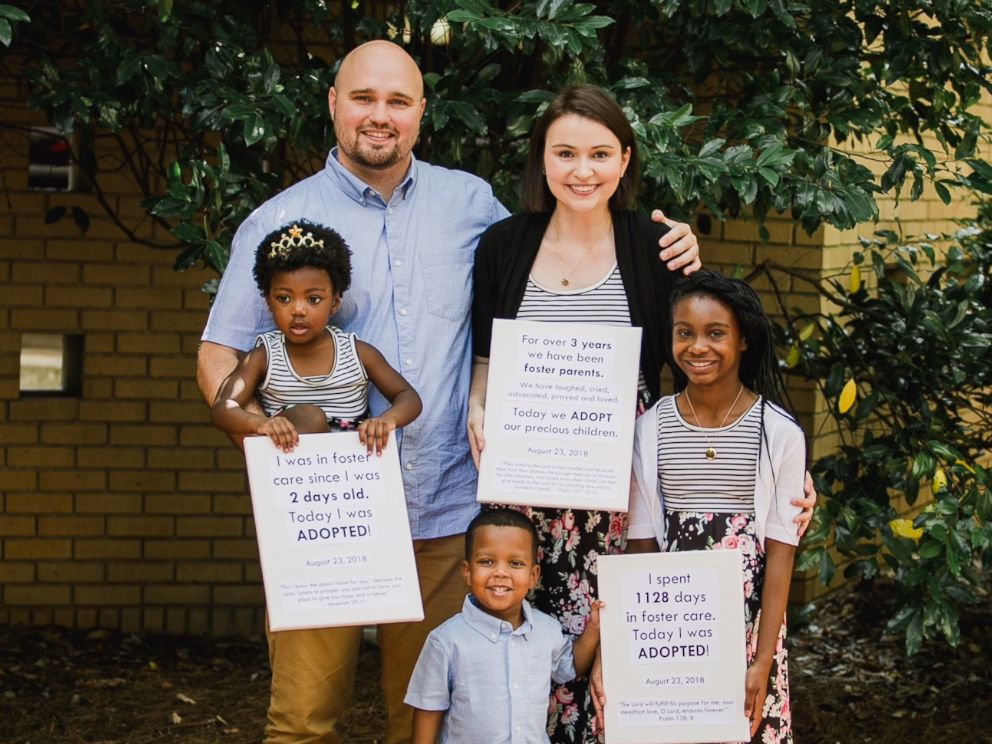 You will receive a link to create a new password via email.
You will receive a link to create a new password via email. How to Adopt a child from Africa: Kenya
Adopting a child, especially from a poor third world country, and giving that child hope, love and a better life, is one of the greatest gifts you can ever give. However, not everyone can adopt. In fact, not everyone should adopt. Meanwhile, if you have what it takes, both physically and psychologically, then why not?
East African countries such as Kenya, Tanzania, Burundi, Rwanda, Uganda and those around the horn of Africa such as Ethiopia, Eritrea, Djibouti and Somalia, have very similar adoption processes. The following is a guideline for U.S. citizens who are interested in adopting a child in Kenya and applying for an immigrant visa for the child to come to the United States. Although the adoption process in Kenya differs a little bit from the adoption processes in other Sub-Saharan African countries, the requirements are quite similar. In the case of Kenya, the process involves complex Kenyan and U. S. legal requirements.
S. legal requirements.
U.S. consular officers give each petition careful consideration on a case-by-case basis to ensure that the legal requirements of both countries have been met, for the protection of the prospective adoptive parent(s), the biological parents(s), and the child.
Interested U.S. citizens are strongly encouraged to contact U.S. consular officials in Nairobi, Kenya before formalizing an adoption agreement to ensure that appropriate procedures have been followed which will make it possible for the Embassy to issue a U.S. immigrant visa for the child.
Availability of Children for Adoption:
Recent U.S. immigrant visa statistics reflect the IR-3 immigrant visas issued to Kenyan orphans adopted abroad: You can read more about this by going to the US government website.
FY-1999: IR-3 (8)
FY-2000: IR-3 (3)
FY-2004: IR-3 (29)
FY-2005: IR-3 (43)
The Kenyan Adoption Authority or the government office responsible for adoptions in Kenya is the civil court system.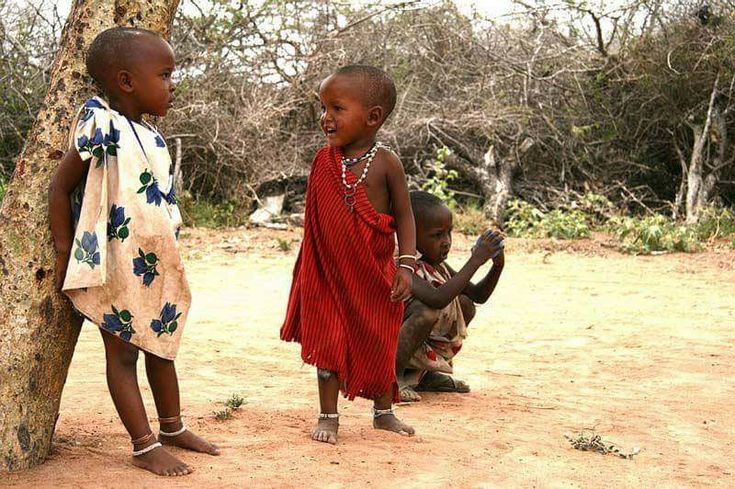
Adoption Procedures:
As I mentioned above the requirements are very similar in most Sub-Saharan African countries. The person adopting must be physically, emotionally and psychologically sound. When adopting a child, many steps must be taken before a child can be placed in the care of the adoptive parent. The Kenyan law states that, if anyone other than an adoption agency places a child with prospective adoptive parents, the Chief Inspector of Children must be notified of the placement. The adoption society or a legal guardian must make inquiries and obtain reports on the personal circumstances of the applicant, child, and child's parents or guardians.
Also, after an infant has been placed into the care and possession of the prospective adoptive parent, visits by the adoptive parents are made to the child at least once every month. If the child was received from an adoption society, a representative of that society will make the visits. If the child was not received from an adoption society, the prospective adoptive parent makes the visits.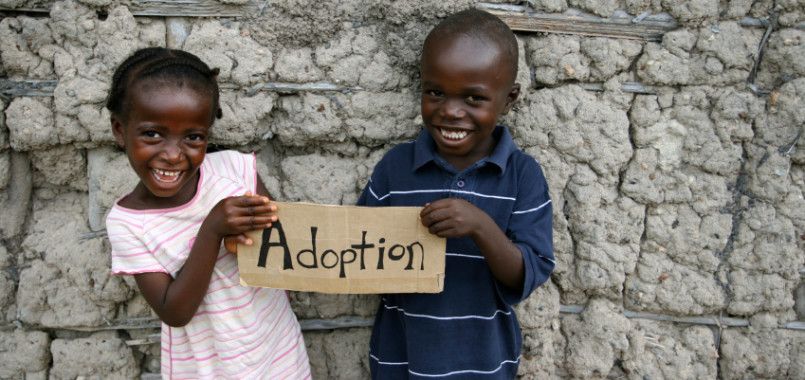 The adoption society representative is required to make a report on such visits to the court appointed guardian, unless the visits are made in the company of the guardian. The court's guardian then completes a full report, which is submitted to the court, along with a certified copy of the child's birth certificate. Once completed, notice of the hearing of the application for adoption is served on all parties.
The adoption society representative is required to make a report on such visits to the court appointed guardian, unless the visits are made in the company of the guardian. The court's guardian then completes a full report, which is submitted to the court, along with a certified copy of the child's birth certificate. Once completed, notice of the hearing of the application for adoption is served on all parties.
Unless otherwise directed, the applicant, as well as the child to be adopted, must attend the hearing on the application for adoption. If the court approves the adoption order, the Registrar draws it up and a certified copy is served on the Registrar-General within thirty days. After an adoption decree is approved and the appropriate paperwork has been filed and issued, the adoptive parents can apply for a Kenyan passport for the child. Once the passport has been issued, the child is free to depart the country.
Age and Civil Status Requirement:
According to the Kenyan law, those applying for the adoption of a child must be 25 years of age or older and must be at least 21 years older than the child.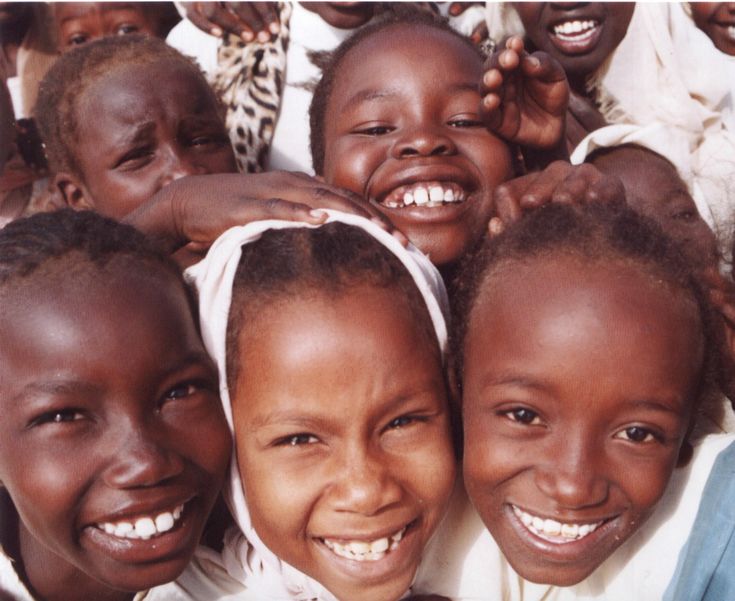 In other words, the older you are, the better your chances. However, if the adopter is a relative, the adoptive parent must be at least 21 years of age. Both the adoptive parent and the child must be resident in Kenya at the time of the proposed adoption. Also, Kenya requires at least 6 months residency to ensure that the person adopting the child knows a bit about the way of life in Kenya, and to enable the person help the adopted child adjust to his or her new environment after adoption. The required length of residency for the adoptive parent is generally six months. The child must be in the continuous care and possession of the applicant for at least three consecutive months immediately proceeding the date of the submission to the court of the application for the adoption order.
In other words, the older you are, the better your chances. However, if the adopter is a relative, the adoptive parent must be at least 21 years of age. Both the adoptive parent and the child must be resident in Kenya at the time of the proposed adoption. Also, Kenya requires at least 6 months residency to ensure that the person adopting the child knows a bit about the way of life in Kenya, and to enable the person help the adopted child adjust to his or her new environment after adoption. The required length of residency for the adoptive parent is generally six months. The child must be in the continuous care and possession of the applicant for at least three consecutive months immediately proceeding the date of the submission to the court of the application for the adoption order.
No specific documents are required by the Kenyan Adoption Authority, although it may be prudent to carry documents regarding identity, marital status, family status and financial means. In most countries in Africa, you MUST provide these documents.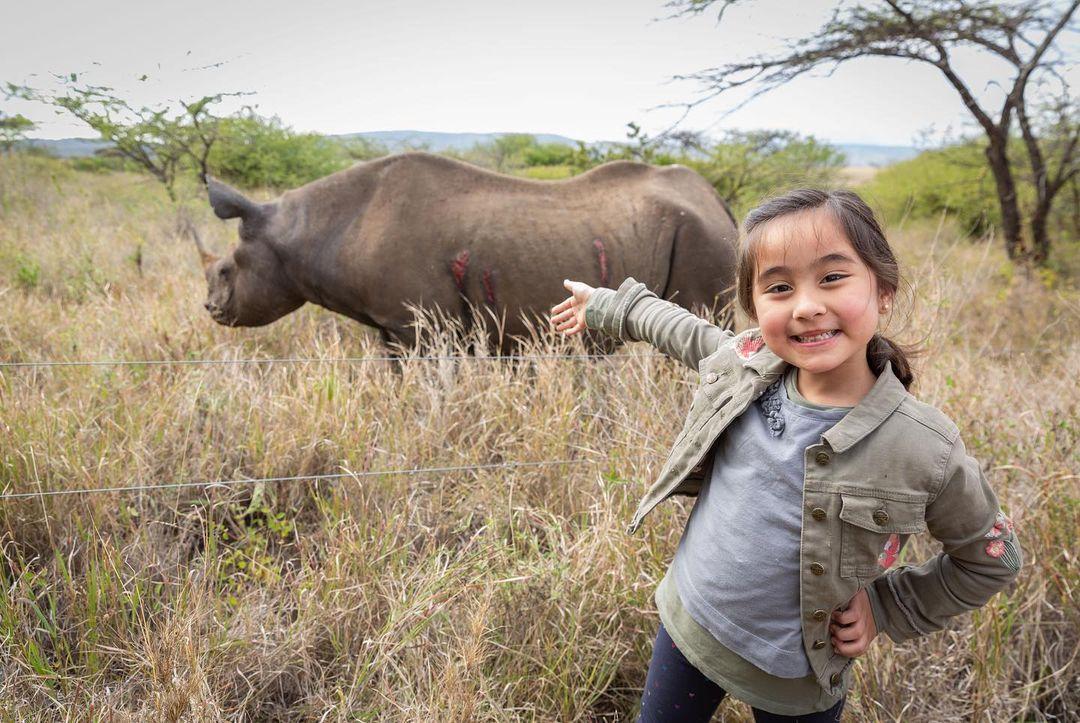
US Immigration Requirements:
A Kenyan child adopted by an American citizen must obtain an immigrant visa before he or she can enter the U.S. as a lawful permanent resident. There are two distinct categories of immigrant visas available to children adopted by American citizens. The US requirements are the same for all countries in Africa.
Section 101(b)(1)(E) of the U.S. Immigration and Nationality Act defines an "adopted child" as one who was adopted under the age of 16 and who has already resided with, and in the legal custody of, the adoptive parent for at least two years. Parents who can demonstrate that their adopted child meets this requirement may file an I-130 petition with the Department of Homeland Security - Citizenship & Immigration Services (DHS) having jurisdiction over their place of residence in the United States. Upon approval of the I-130 petition, the parents may apply for an immigrant visa for the child at the U.S. Embassy (in Nairobi, Kenya). American citizens who believe this category may apply to their adopted child should contact the U.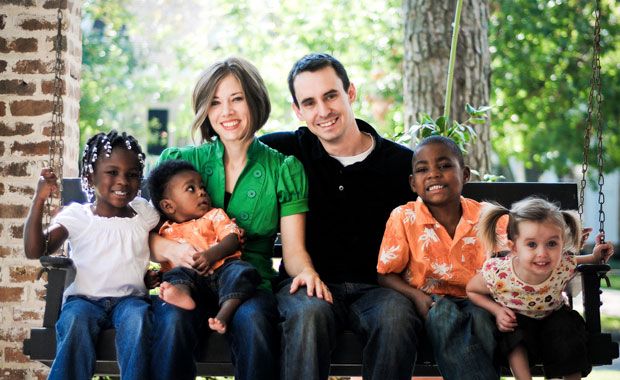 S. Embassy in Nairobi for more information.
S. Embassy in Nairobi for more information.
Also, if an adopted child has not resided with the adoptive parent for two years (or if the child has not yet even been adopted) the child must qualify under section 101(b)(1)(F) of the U.S. Immigration and Nationality Act in order to apply for an immigrant visa. The main requirements of this section are as follows:
•The adoptive or prospective adoptive parent must be an American citizen;
•The child must be under the age of 16 at the time an I-600 Petition is filed with the DHS on his or her behalf;
•If the adoptive or prospective adoptive parent is married, his or her spouse must also be a party to the adoption;
•If the adoptive or prospective adoptive parent is single, he or she must be at least 25 years of age;
•The child must be an orphan, as defined by U.S. regulations. Although the definition of an orphan found in many dictionaries is "A child whose parents are dead," U.S. immigration law and regulations provide for a somewhat broader definition.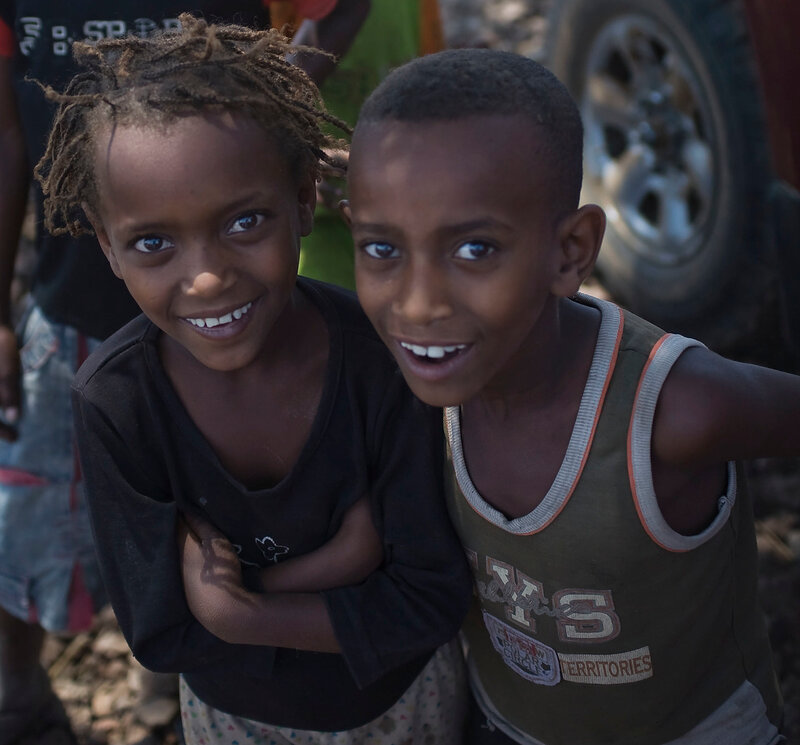 Children who do not qualify under this definition, however, may not immigrate to the U.S. as an orphan even if legally adopted by an American Citizen. The Department of State encourages Americans to consider if a particular child is an orphan according to U.S. immigration law and regulations before proceeding with an adoption. A detailed description of the orphan definition used by USCIS can be found on their website.
Children who do not qualify under this definition, however, may not immigrate to the U.S. as an orphan even if legally adopted by an American Citizen. The Department of State encourages Americans to consider if a particular child is an orphan according to U.S. immigration law and regulations before proceeding with an adoption. A detailed description of the orphan definition used by USCIS can be found on their website.
US immigration procedures for orphans:
The Petition:
Adoptive and prospective adoptive parents must obtain approval of a Petition to Classify Orphan as an Immediate Relative (Form I-600) from the Department of Homeland Security Citizenship & Immigration Services (USCIS) before they can apply for an immigrant visa on behalf of an orphan. The adjudication of such petitions can be very time-consuming and parents are encouraged to begin the process well in advance.
Filing the Form I-600 & I-600A
Prospective adoptive parents residing in the United States should send the completed application to the nearest USCIS office in the US. Prospective adoptive parents residing outside the United States should contact the nearest American consulate or USCIS Office to determine the office designated to act on the application.
Prospective adoptive parents residing outside the United States should contact the nearest American consulate or USCIS Office to determine the office designated to act on the application.
A prospective adoptive parent may file Form I-600A Application for Advance Processing of Orphan Petition with the DHS office having jurisdiction over their place of residence. This form is the most time-consuming part of the process and must be completed in advance, even before the parent has located a child to adopt. In addition, a parent who has an approved I-600A may file an I-600 in person at the U.S. Embassy in Nairobi . Detailed information about filing these forms can be found on the USCIS website.
Americans who have adopted or hope to adopt a child from Kenya should request, at the time they file these forms, that DHS notify the U.S. Embassy in Nairobi as soon as the form is approved. Upon receipt of such notification, the Embassy will contact the parents and provide additional instructions on the immigration process.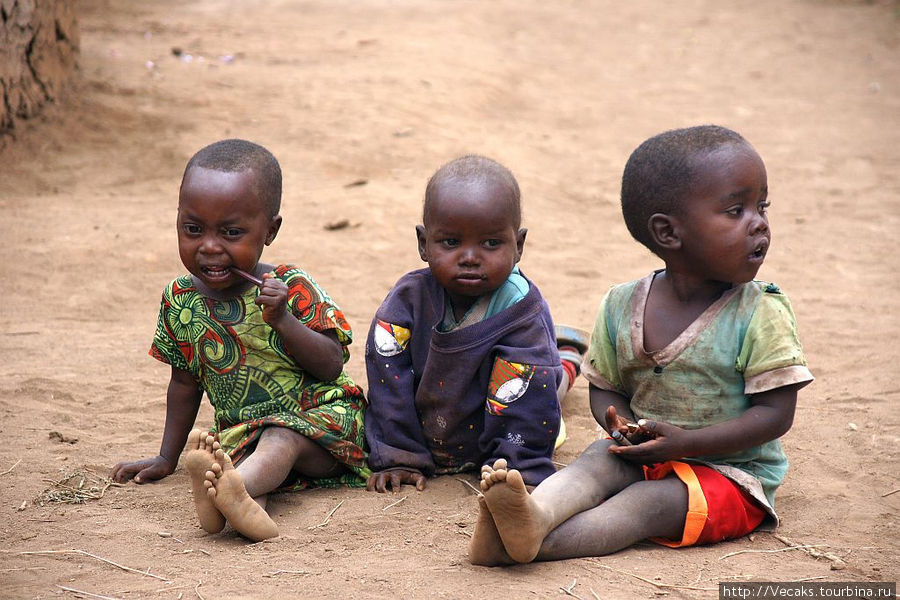 U.S. consular officers may not begin processing an orphan adoption case until they have received formal notification of approval from an DHS office in the US.
U.S. consular officers may not begin processing an orphan adoption case until they have received formal notification of approval from an DHS office in the US.
The orphan investigation:
One part of the petition process that DHS cannot complete in advance is the "orphan investigation". An orphan investigation Form I-604 Report on Overseas Orphan Investigation) is required in all orphan adoption cases - even if an I-600 has already been approved - and serves to verify that the child is an orphan as defined by US immigration law.
Fees:
Kenyan law prohibits financial transactions between individuals involved in an adoption proceeding. Although no payment is required by law in Kenya, some payments are permitted, for example to an adoption society for maintenance of the child, or to an attorney who acts for any of the parties or in connection with an application for an adoption order. Any payment or reward made by adoptive parent or guardian of a child, or a third party facilitating the adoption for the purpose of making an adoption order, is considered illegal.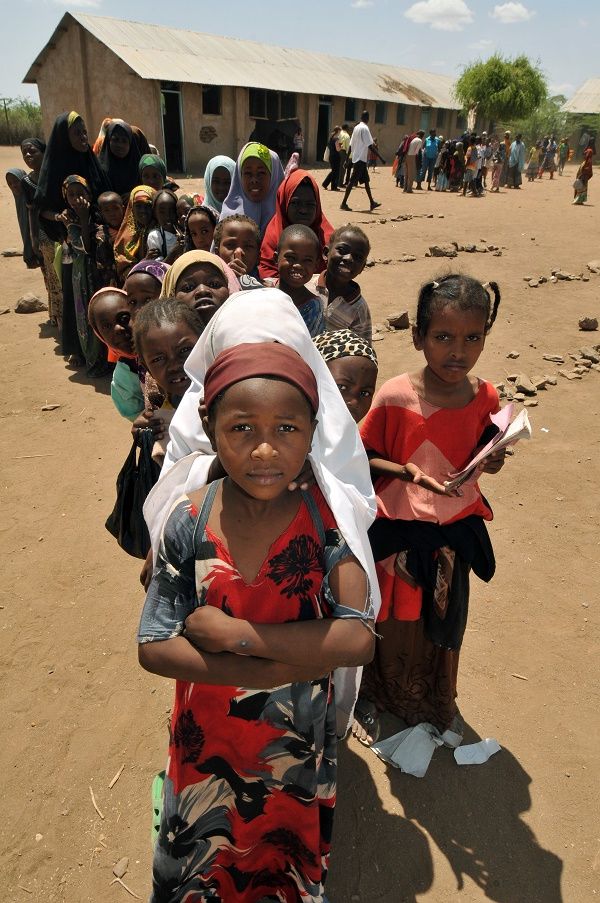
Prospective adoptive parents are strongly encouraged to consult DHS publication M-249, The Immigration of Adopted and Prospective Adoptive Children, as well as the Department of State publication, International Adoptions.
Questions:
Specific questions regarding adoption in Kenya may be addressed to the Consular Section of the U.S. Embassy in Nairobi, Kenya. You may also contact the Office of Children's Issues, U.S. Department of State, SA-1, L-127, 2401 E Street, NW, Washington, DC 20522, Tel: (202) 736-7000 with specific questions.
Information is also available 24 hours a day from several sources:
•Telephone - Office of Children's Issues - Recorded information regarding changes in adoption procedures and general information, (202) 736-7000.- State Department Visa Office - Recorded information concerning immigrant visas for adoptive children, (202) 663-1225.- Immigration and Naturalization Service - Recorded information for requesting immigrant visa application forms, 1-800-870-FORM (3676).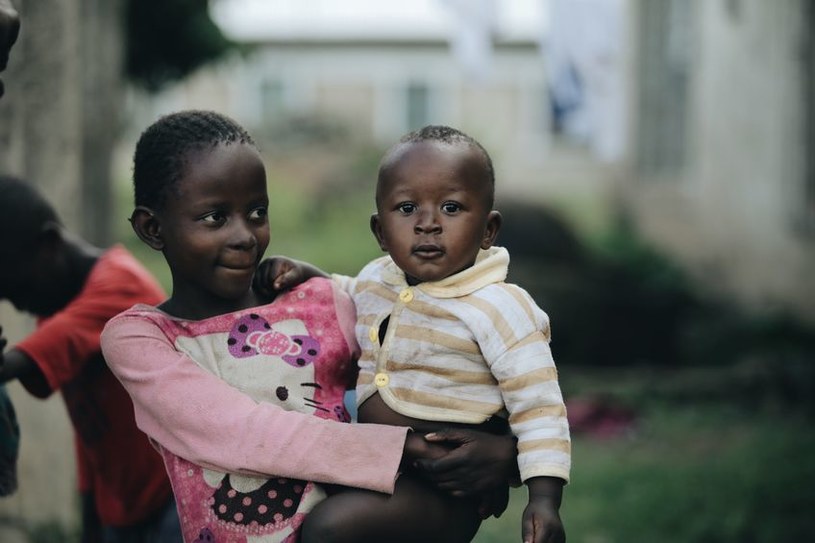
•Automated fax - contains the full text of the office's international adoption information flyers and general information brochure, International Adoptions. From the telephone on your fax machine, call (202) 647-3000.
How to adopt a child in Kenya
Adoption in Kenya is often considered a very long and tedious process, which makes some prospective adoptive parents afraid to initiate the process. There are a number of reasons why people adopt children and the biggest hurdle most prospective adoptive parents face is the lack of information; from the requirements, prerequisites, consents, the actual adoption process to the cost and even the duration of the entire process.
Anyone who meets the established requirements and guidelines can visit one of the many adoption agencies in Kenya and be guided through the process in a professional manner. This article attempts to shed some light on this somewhat unusual area of law by providing a step-by-step overview of the adoption process in Kenya and all the information parents need to know before hitting the start button.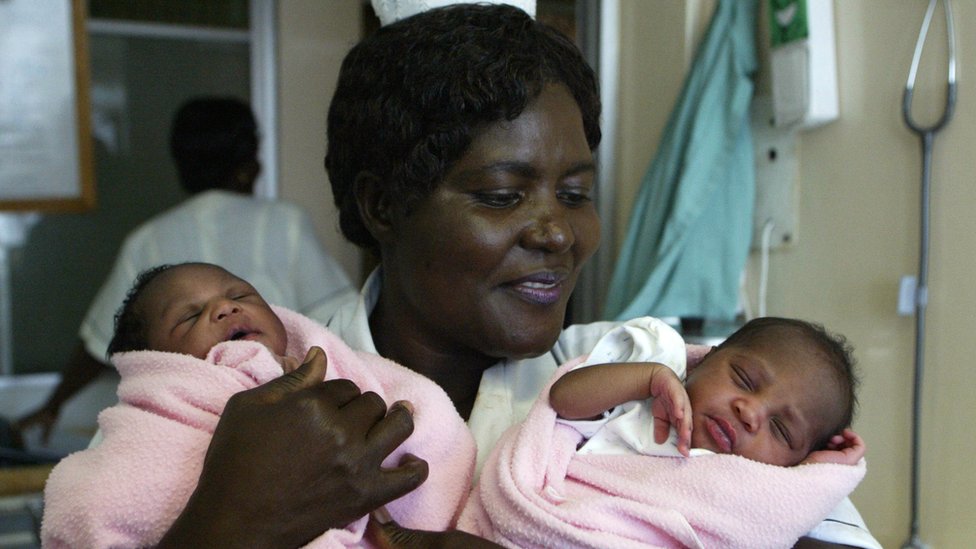
Article
- What is the adoption of a child?
- Law governing the adoption of children
- Who can be adopted?
- Requirements for the adoption of a child
- Prerequisites for adoption of a child
- Consent is necessary for adoption of a child
- Persons is forbidden to adopt children
- The process of adoption
- International (inter -string) adoption in Kenya
- The duration Refusal of your child for adoption
What is the adoption of a child?
Adoption is the process by which a person assumes responsibility for a child from a biological or legal parent or parents. Legal adoption permanently transfers all rights and obligations, as well as kinship from the biological parent or parents.
Adoption Law
Both the Constitution and the Children's Act are instructive on the adoption of children in Kenya. In any matter concerning a child, the best interests of the child are paramount, as stated in article 53 (2) of the Constitution.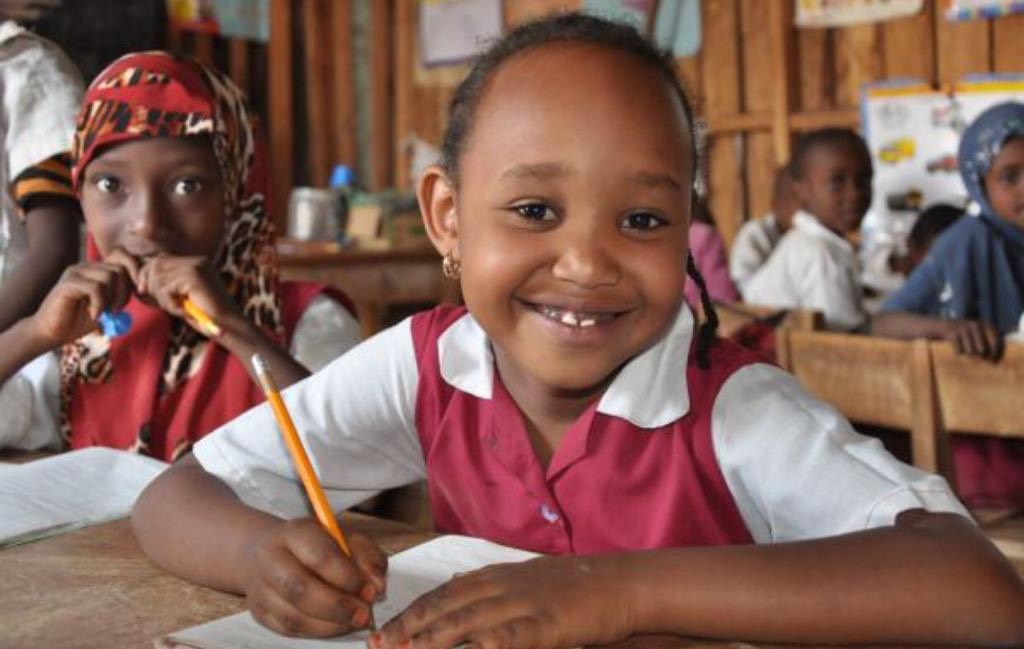 Section 4 of the Children's Act also provides that the best interests of the child shall be the primary consideration in all actions concerning children taken by public or private welfare agencies, courts, administrative authorities or legislative bodies. The High Court has jurisdiction to make adoption orders under section 154 of the Children's Act. Children's issues are considered in the cells in order to protect the identity of the child and the adoptive parent.
Section 4 of the Children's Act also provides that the best interests of the child shall be the primary consideration in all actions concerning children taken by public or private welfare agencies, courts, administrative authorities or legislative bodies. The High Court has jurisdiction to make adoption orders under section 154 of the Children's Act. Children's issues are considered in the cells in order to protect the identity of the child and the adoptive parent.
Who can be admitted?
A child who is under the age of 18 and resides in Kenya may be adopted as long as;
- The child is abandoned and the whereabouts of the parents/guardians is unknown
- The child is an orphan and there is no guardian/guardian willing to take care of the child permanent accommodation
Adoption requirements
Some of the requirements for adopting a child in Kenya include the following.
- Child's birth certificate
- If child is in school, copy of school progress report
- Report on officers' children
- Death certificate if child's parents are deceased
- Letter from supervisor
- Copies of future identification documents parents
- Marriage certificate for a couple wishing to adopt
- Medical certificate of the adoptive parent
- Proof of financial condition, such as bank statements and payrolls
- Proof of ownership of real estate
- Birth certificates of any children that the adoptive parents may have behavior
Prerequisites for the adoption of a child
There are certain preconditions that must be met in order for the adoption process to proceed, although the applicant will be granted an adoption in all of the following circumstances if the court determines that there are special circumstances that justify accepting the order.
- The child is at least six (6) weeks old and has been declared available for adoption by a registered adoption society.
- Subject to section 157(1) of the Act, an application for an adoption order may only be made if the child concerned has been under the continuous care and supervision of the applicant (adoptive parent) in Kenya for three (3) consecutive months, prior to the application. applications
- Any child who lives in Kenya can be adopted, whether the child is a Kenyan citizen or born or not born in Kenya.
a. Citizens of Kenya
- Must be between the ages of 25 and 65
- Must be at least 21 years older than the child they wish to adopt, unless the adopter is a relative of the child (adoption of kinship) then age requirements are not required
- Is the mother or father child,
- In the case of a joint application, the couple must have been married to each other for at least three years
- Section 158 (2) of the Act prohibits single applicants (male or female) from adopting children of the opposite sex, except in special circumstances.
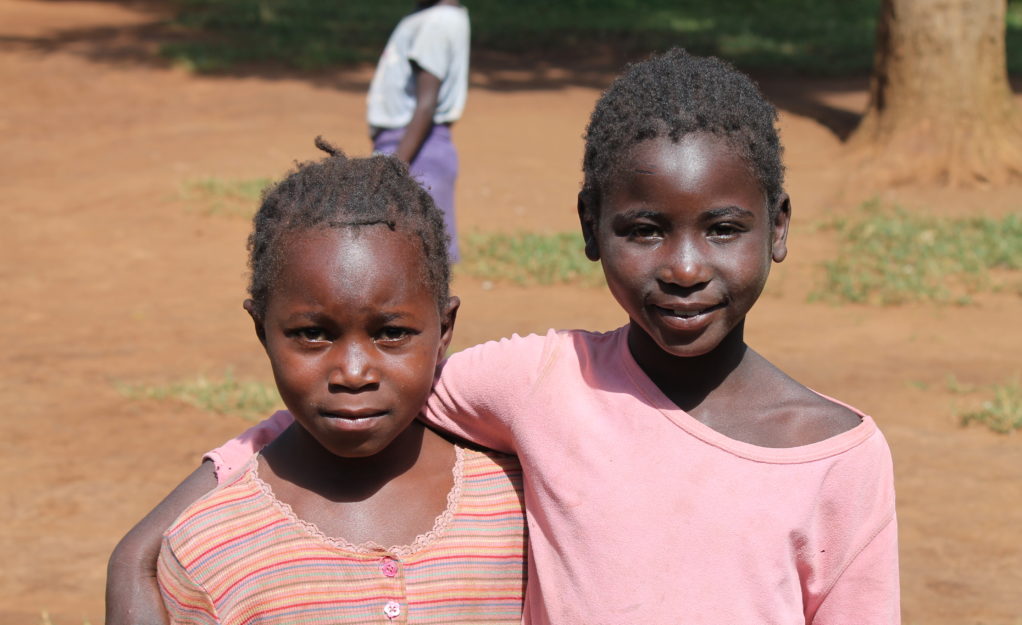 This aims to protect adopted children from possible sexual abuse
This aims to protect adopted children from possible sexual abuse - A single foreign applicant may only adopt a child under special circumstances.
b. International applicants
- Only international couples can apply for international adoption
- All applicants must have gone through and completed the accepted adoption procedures in their country/country of residence prior to applying for adoption. Proof of such approval must accompany the application
- A certified homeschooling report from a certified adoption agency, certified social worker, or other appropriate body must also be submitted with the application.
- The appropriate authority in the parent's country of origin must confirm that the child will be granted citizenship upon receipt of an adoption order.
- Applicants must have lived in Kenya with the child for a mandatory three months prior to the commencement of the trial. Time should then be allowed for the legal processing and processing of travel documents (average 4-6 months)
Consent is required for the adoption of a child
The following consent is required to accept progress.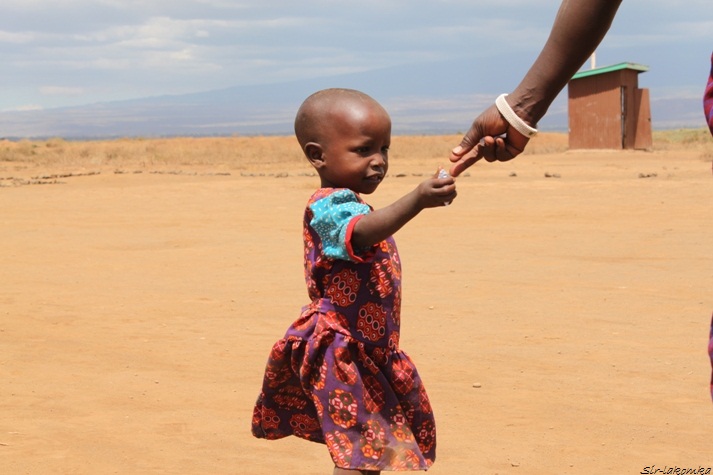
- Consent must be obtained from the child's biological parents if they are alive. However, the consent of the child's biological parent may be withdrawn if he/she has abandoned, neglected or permanently failed to support the child or is accused of child abuse
- Consent of the child if he/she is 14 years of age or older
- Consent of a sibling of a child aged 18 or over
- Consent of guardians or person with parental responsibilities if the child's parents are not alive consent to adoption is not accepted.
- When parents or guardians are not traceable or if a child has been placed in an institution or an orphanage and the child's parents/guardian have not been seen or heard from within 6 months, there is a presumption of child abandonment.
- If the child's parents are separated
Persons are prohibited from adopting children
Section 158(3) of the Children Act provides that an applicant or joint applicant may be denied an adoption order, if any;
- Not of sound mind within the meaning of the Mental Health Act (Chapter 248)
- Has been charged and convicted by a court of competent jurisdiction for crimes listed in the third list under the Children's Act or similar offences.
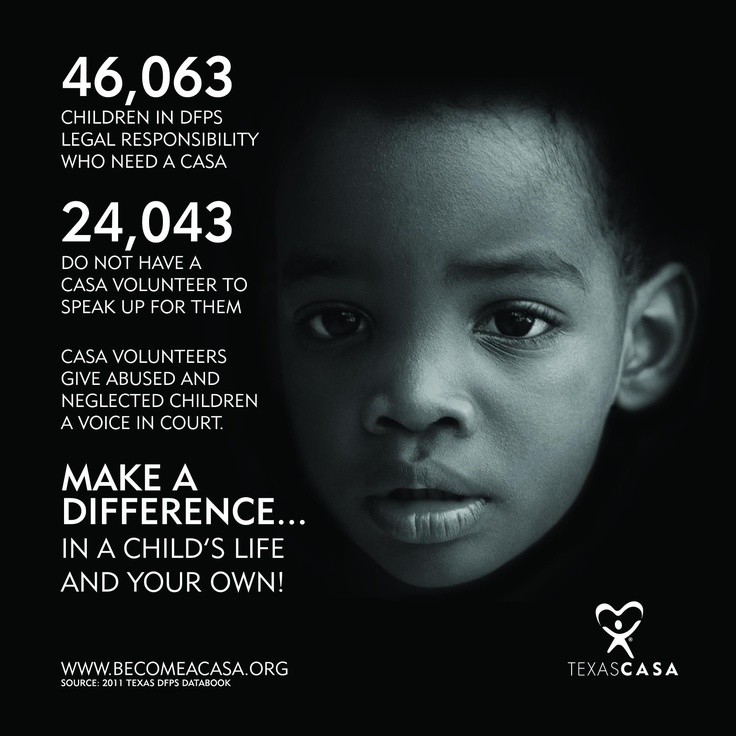 The envisaged crimes include; desecration, sexual crimes, immoral behavior, attempted abortion, unnatural crimes and assaults
The envisaged crimes include; desecration, sexual crimes, immoral behavior, attempted abortion, unnatural crimes and assaults - Homosexual
- In the case of joint applicants, if they are not married to each other
- Is the only male foreign applicant
Adoption process
Adoption is only possible through a registered and accredited adoption society. Adoption stages:
a. Orientation meeting
One visits a registered adoption society and makes inquiries. The adoption agency will explain in detail the adoption process and the requirements for adopting parents.
b. application
The adopter(s) will be required to complete and return application forms. The society then receives a social worker who makes an appointment to visit the applicant's home.
p. Home visit
The Society is investigating the whereabouts of the adopter to see if the needs of the child will be met.
 Some of the things checked:
Some of the things checked: - Reasons for wanting to adopt
- Family status of the adopters
- Safety of their home
- Expectations of the adopters from the child, i.e. age, gender, etc. conditions for the maintenance of the child. The social worker prepares an assessment report in the form specified in the Appendix to the Adoption Regulations.
e. Application evaluation
The adoption society will receive a medical report on the state of health of the child and the adopter in the prescribed forms. The adoption agency's affairs committee will then review the adoption application along with the social worker's report and the health report of the child and the adopter. The Committee may approve, defer or reject an application, indicating the reason. If approved, the adopter must read and understand the explanatory memorandum for adopters prescribed by the rules and sign the certificate of recognition attached to the memorandum.
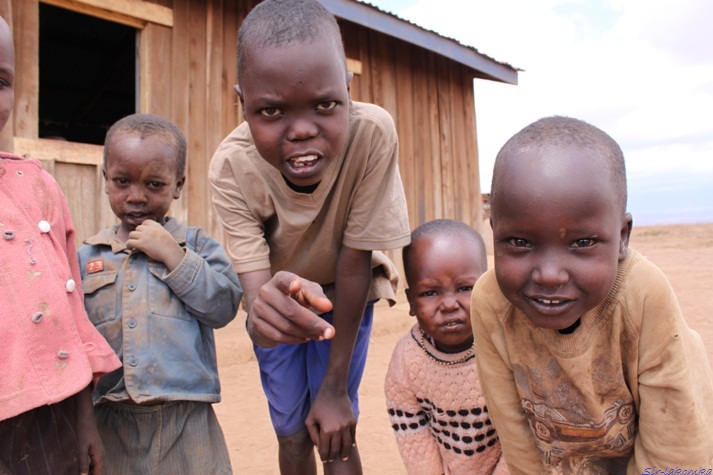
e. Selection and placement
The agency consults with the adopting parent(s) and arranges a meeting with the child (introductory and bonding period). If bonding is deemed successful, the child is placed in the care of the adoptive parent. During employment, which typically lasts three months, the evaluation questions will be mainly related to whether the adoptive parents are able to take on the task of raising the child in an appropriate way, and, in addition, whether they meet the necessary social parameters.
f. Education period
Adopting parents stay with the child for three months. The social worker visits regularly to check on the relationship between the parent(s) and the child and reports this to the case committee. The social worker also looks at how well the child is adjusting to the new environment. The Committee may recommend that appropriate action be taken if a child is not being properly cared for.
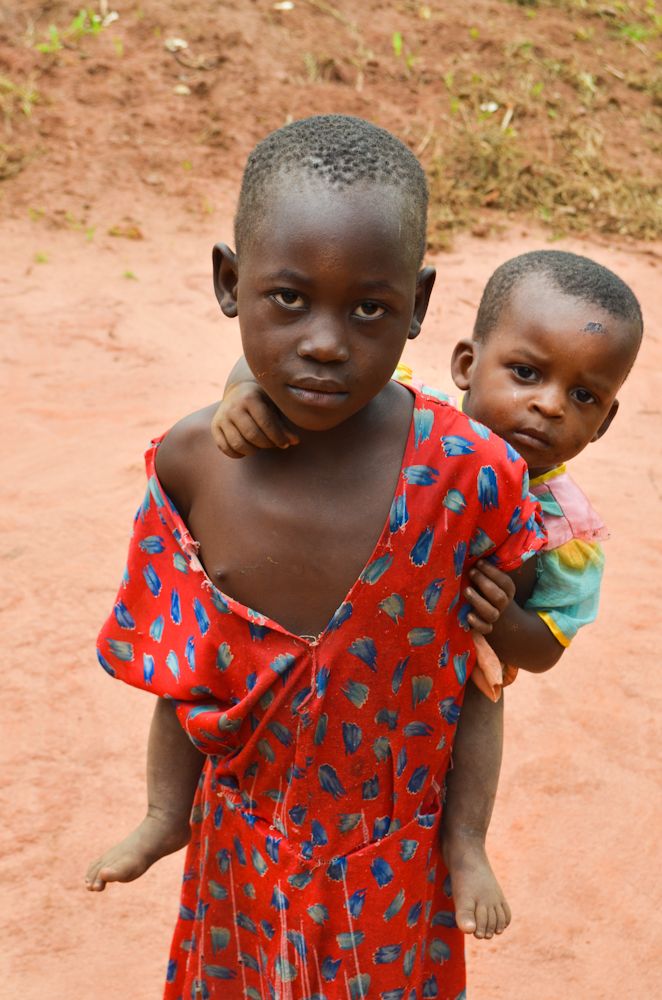
Litigation
The prospective adopter applies for an adoption order to the Children's Court of the High Court of Kenya. The role of the court is limited to deciding on the right of the applicant (s) to adopt a child on the basis of the evidence available to him. Pending a hearing and determination of the application for adoption, the court may, on its own initiative or at the request of the adopter, appoint an ad litem guardian for the child. The ability to support and educate a child is considered by the court, which may or may not allow the adoption.
The social worker can give an opinion on the possibilities of adoptive parents. If the court decides on the adoption, it will be entered by the Registrar General in the Register of Adopted Children. However, the court may reject the application, in which case the adopter may appeal this decision to the Court of Appeal. An adoption order is final and the child does not have the right to contest the same after reaching the age of majority.

International (intercountry) adoptions in Kenya
Domestic adoption is the process by which a person can adopt a child from another country and bring the child to your country of residence to live with you permanently.
Duration of the adoption process
The average adoption process takes about 6 months.
Cost of adopting a child
The cost of adopting a child in Kenya depends on a number of factors and varies from one adoption society to another depending on their facilitation fee. Also, the cost will depend if you choose to represent yourself in court or hire a lawyer. However, most agencies charge a standard fee of Ksh 12,500 ($12.5). Adoption in Kenya is not for rich people or people with a significant amount of money, anyone, even those with low income, can apply for adoption.
Rejection of your child for adoption
Where appropriate, depending on the circumstances, a parent or guardian places a child who is eligible for adoption at the disposal of a registered adoption society.
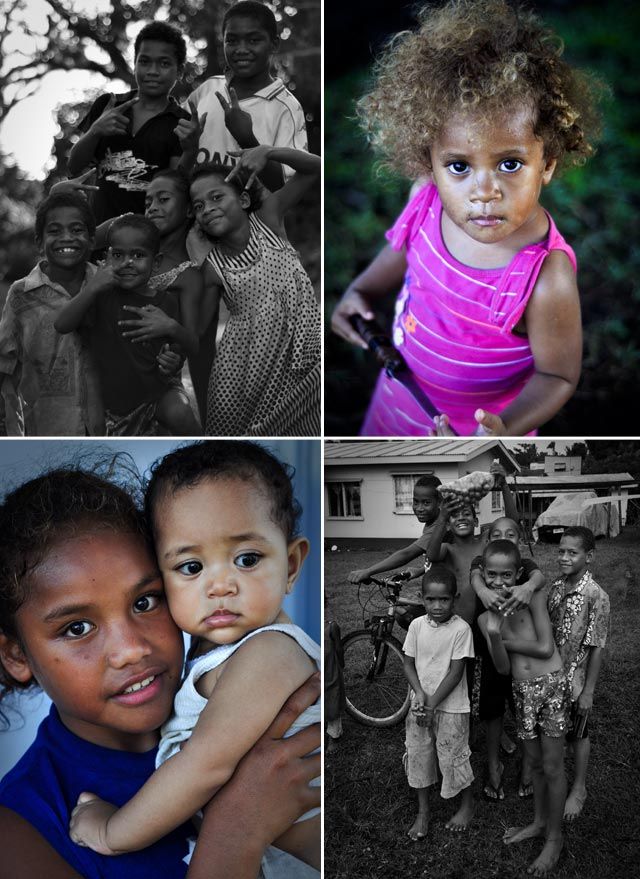 The parent or guardian is issued an explanatory note in the prescribed form, to which is attached a certificate of recognition. The parent or guardian must sign and provide the society with a certificate of recognition in the prescribed form indicating that he/she has read and understood the memorandum. After that, the adoption society accepts the child.
The parent or guardian is issued an explanatory note in the prescribed form, to which is attached a certificate of recognition. The parent or guardian must sign and provide the society with a certificate of recognition in the prescribed form indicating that he/she has read and understood the memorandum. After that, the adoption society accepts the child. Pray and love. How a Perm woman traveled around Kenya | VACATION | LEISURE
Elizaveta Shiryaeva , a student of St. Petersburg State University, spent eight days in Kenya. This trip changed her perception of the world and life values.
Our compatriot told about the unique African nature, touching and sensitive hearts of Kenyans and how African children are similar to Russians.
No other people's children
Natalia Sterledeva, AIF-Prikamye: Elizabeth, how did you get to Kenya?
Elizaveta Shiryaeva: Last autumn, my friend Natalya Styopina and I were asked for help in writing a book about the construction of a hydroelectric power station in Kenya by two brothers, Russian Germans.
Russian journalists wrote about the construction of a state district power station in Kenya. Photo: From a personal archive/ Elizaveta Shiryaeva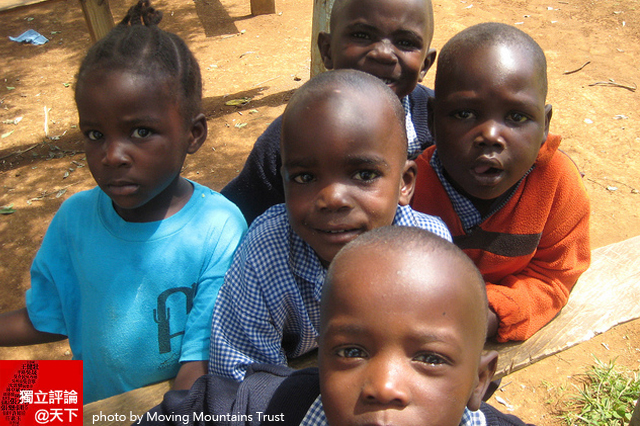 Jan and Andrey Peters are building small hydropower plants in Africa. The project in Meru became special for them - in this city they built hydroelectric power stations without outside investment. And the energy generated at this facility is enough to fully cover the domestic needs of the nearest village and provide energy to small tea factories located nearby. Kenyans got new jobs. The book is not only about the construction of a hydroelectric power station, but also about the history of the Russian German family, their charitable activities and the whole team of people who worked on the creation of this project.
Jan and Andrey Peters are building small hydropower plants in Africa. The project in Meru became special for them - in this city they built hydroelectric power stations without outside investment. And the energy generated at this facility is enough to fully cover the domestic needs of the nearest village and provide energy to small tea factories located nearby. Kenyans got new jobs. The book is not only about the construction of a hydroelectric power station, but also about the history of the Russian German family, their charitable activities and the whole team of people who worked on the creation of this project. We were preparing to write the book for two months, and in Kenya it took eight days to collect the material. We talked with construction participants, interviewed the prefect of Meru and the head of the Kiatumbi community. We photographed a lot.
Russian journalists spent 8 days in Kenya. Photo: From the personal archive/ Elizaveta Shiryaeva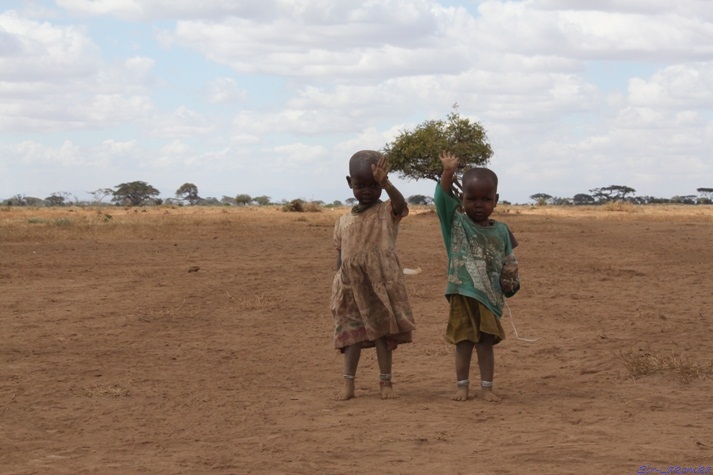 Almost the entire visual range of the book was filmed with our cameras. Returning to Russia, they began to write and typeset. In April, the circulation of the book was released - 300 copies. From day to day we are waiting for another edition, but in the English version. Books will fly around the world - Germany, Switzerland, China, Canada, etc. This is great.
Almost the entire visual range of the book was filmed with our cameras. Returning to Russia, they began to write and typeset. In April, the circulation of the book was released - 300 copies. From day to day we are waiting for another edition, but in the English version. Books will fly around the world - Germany, Switzerland, China, Canada, etc. This is great. – Where have you been in Kenya?
- We were in an orphanage for children and adolescents with AIDS in Ngechek. It was built by the Peters brothers. We lived there for two days, talked with the guys. It turns out we are very similar. African children also love Messi and Ronaldo and dream of being healthy, successful and happy. After the orphanage, we stopped at the center for helping children with cerebral palsy. It was opened by Paul - our guide in Kenya, driver and the best guide in safari parks.
Paul's eldest son, Gian, was born with a diagnosis of cerebral palsy.
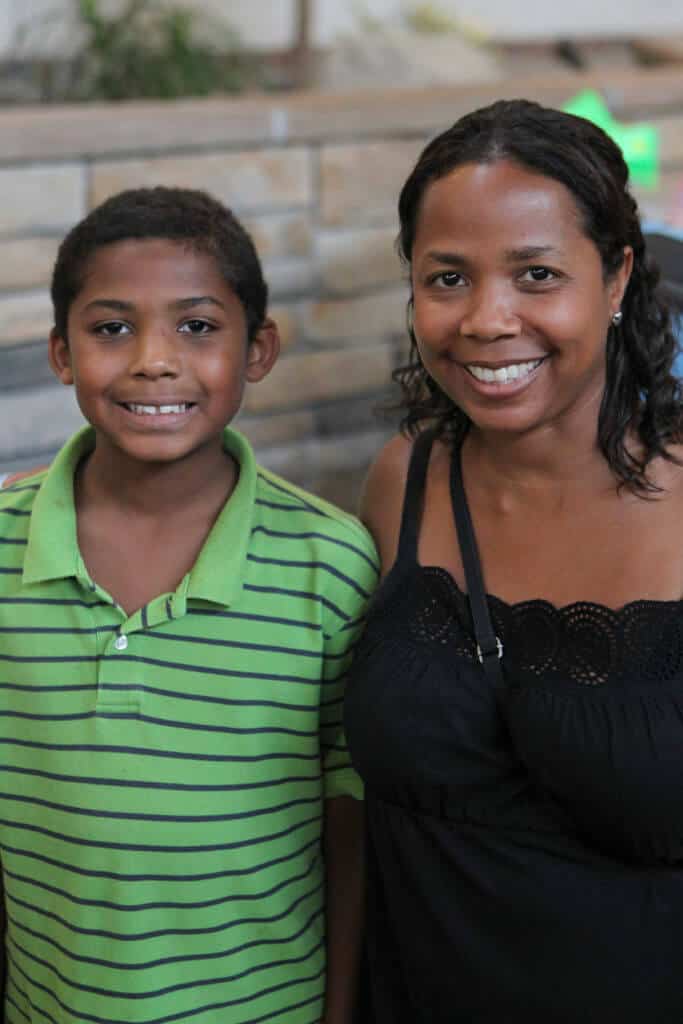 The chances of fighting the disease in Kenya are close to zero. This is a relatively secular country, but still Africa: there are practically no medicines, and there are no professionals either.
The chances of fighting the disease in Kenya are close to zero. This is a relatively secular country, but still Africa: there are practically no medicines, and there are no professionals either. In October 2020, Paul independently built a medical center for special children to help not only his son, but also other children suffering from a terrible diagnosis.
In October 2020, Paul independently built a medical center for special children to help not only his son, but also other children suffering from a terrible diagnosis. Now 26 children are being helped there for free. Two of them have major changes. Paul's son is already trying to climb the stairs to the second floor, and baby Nova has begun to walk without anyone's help. These are incredible results. Dozens of families knock on the doors of the center, but Paul is forced to refuse them. It is unthinkable to treat more than twenty children on your own. So far, the center cannot afford a second physiotherapist to take on 20 more children for treatment.
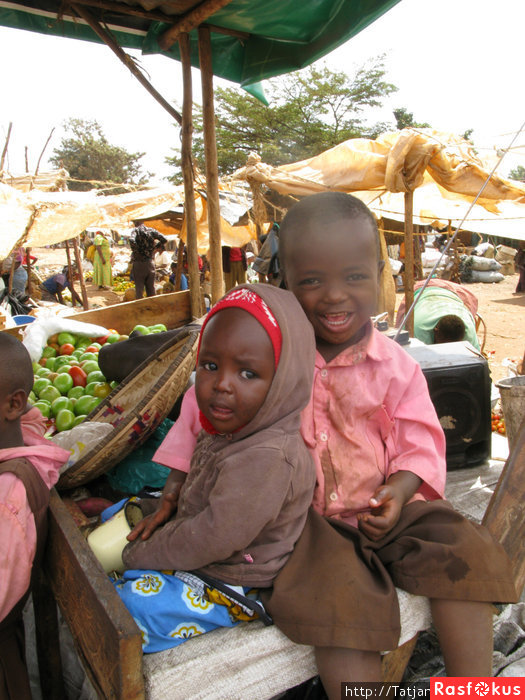
– Are Kenyan orphanages different from Russian ones?
– It is difficult for me to talk about the differences between Kenyan and Russian orphanages, because I have never been to them in Russia. In Kenya, we visited only one - Royal Totos. There were good conditions. The orphanage itself resembles a small village: there is a school, playgrounds, a canteen. All children are assigned foster parents - married couples.
There are many European volunteers in the orphanage, mostly from Germany. They come with families with children. There are also very young volunteers who have just graduated from school. They work with the guys, teach them math and English.
Light and faith
– Did you manage to talk to the children?
- Yes, they speak English very well, as Kenya has two languages - Swahili and English. At first they were a little shy, but then they relaxed and began to talk about their lives. They love the place where they are and are very friendly to each other.
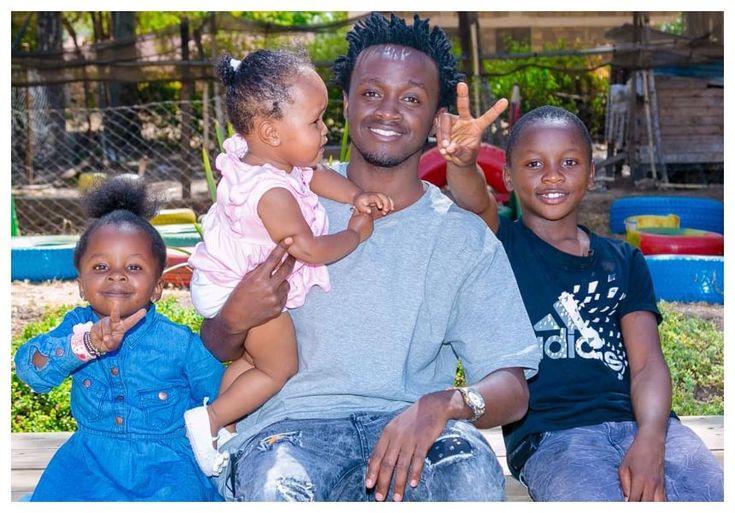 They asked us about Russia, for them it is a completely different world. For example, they cannot imagine how we live in such a cold winter.
They asked us about Russia, for them it is a completely different world. For example, they cannot imagine how we live in such a cold winter. Sunday guys always dedicate to God. During prayer, there is so much light and faith in their eyes - beyond words. When I looked at them, tears flowed from me from the thought that they were sick and live without parents. Yes, the conditions in the orphanage are excellent, the children are happy. But many of us have a much better chance of a happy life. And it hurt to know that.
- What religion do they follow?
- Kenya is predominantly Christian, mostly Protestant. Kenyans pray constantly. When we got into the car at the orphanage to move on, one boy asked us to get out. He prayed for our successful journey and an easy road. It was unusual, but very pleasant. So they do before every meal - be sure to thank God.
– Where did you live in Kenya? Has the local climate, diseases, insects become a problem for you?
- We always lived in hotels, except for those two days that we spent in the orphanage.
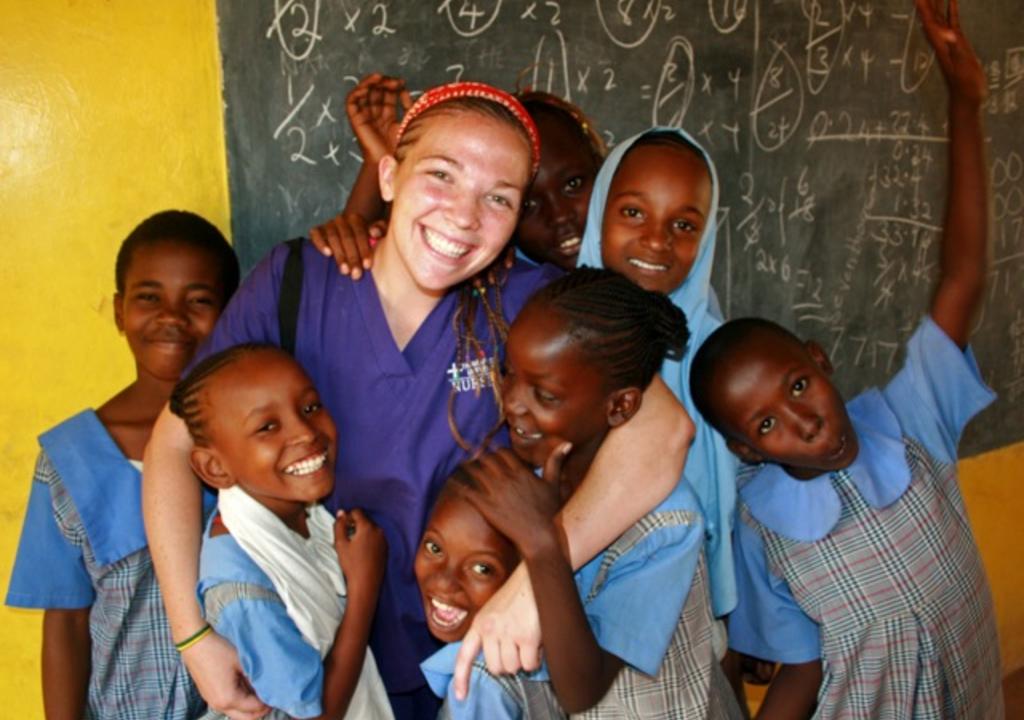 There we spent the night in a house where volunteers or staff usually live. We didn't give any vaccinations. The most famous local disease - malaria - is contracted on the coast, and we were not there. Africans perceive this disease as normal, and pharmacies have all the necessary medicines for it.
There we spent the night in a house where volunteers or staff usually live. We didn't give any vaccinations. The most famous local disease - malaria - is contracted on the coast, and we were not there. Africans perceive this disease as normal, and pharmacies have all the necessary medicines for it. We got to Kenya during the rainy season, but there was no continuous downpour. Only twice during the day for two hours it rained like a bucket, and then again there was a blue sky.
There were no insects at all. Closer to the ocean, they are, but not in such numbers as in the dachas in the Perm Territory.
There were no insects at all. Closer to the ocean, they are, but not in such numbers as in the dachas in the Perm Territory. We met small snakes. And wild animals live, as a rule, in separate large safari parks. To meet them near the cities is a rarity. Of course, we could not miss the opportunity to take part in a safari. And for two and a half days they traveled through the wild, meeting giraffes, lions and elephants on the way.
Kenyans are very sensitive and sympathetic people. They live without fuss and remember true values. Photo: From a personal archive/ Elizaveta Shiryaeva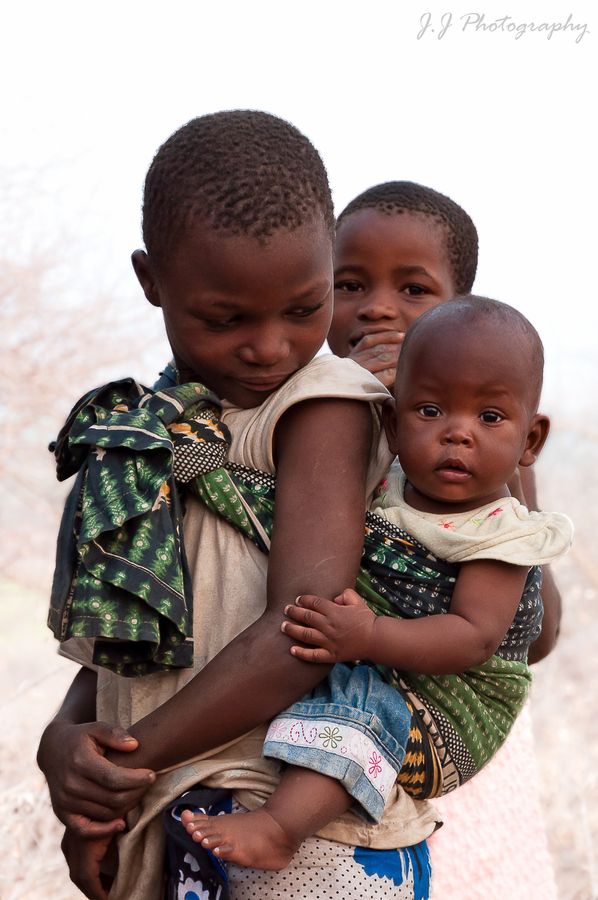
A world without fuss
– You said that these days turned your idea of the world upside down, and everyday problems seem to have disappeared. What surprised you?
- The stereotypes about Africa collapsed. This is a beautiful country that is located on the equator. There are forests, and mountains, and snow-white beaches, and endless savannahs. We drove half of the state and were delighted with the Kenyan nature.
But most of all I was struck by the people - very kind, sympathetic, merciful, with incredible self-esteem. They will always come to help and never ask for it themselves. It is amazing.
The trip taught me to appreciate the present, enjoy the little things and be happy here and now. Kenyans are always positive, despite everyday difficulties. These people could become an example for us, because in the stream of modern tasks, gadgets, haste, fuss and pursuit of material values, we miss the main thing - ourselves and the world around us.


